Optimal Water Treatment Scheduling
Water treatments are essential for maintaining water quality and ensuring safety in various applications. The timing of these treatments can significantly impact their effectiveness and longevity. Proper scheduling depends on factors such as water usage patterns, seasonal changes, and water source conditions.
Water treatments are often most effective when aligned with seasonal demand and environmental conditions, typically during spring and fall.
Performing water treatments before peak usage periods helps prevent buildup of contaminants and prolongs system lifespan.
After heavy rainfall or storms, water systems may require treatments to address increased sediment and pollutant levels.
Scheduled treatments at consistent intervals ensure ongoing water quality and system efficiency.
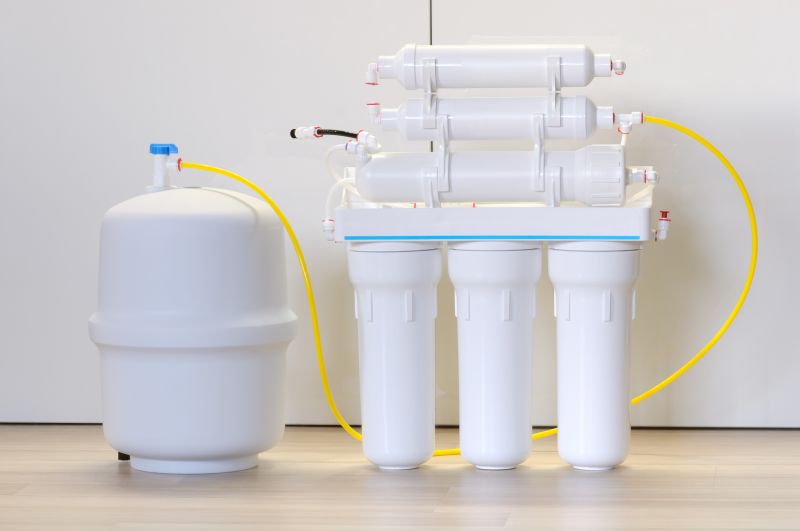
Modern equipment is used to perform effective water treatments at optimal times.
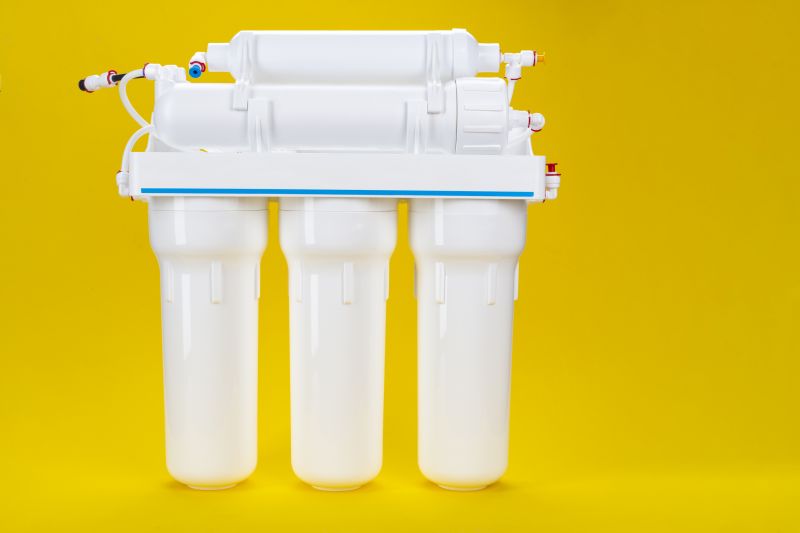
Visual of water being processed through treatment systems to ensure quality.
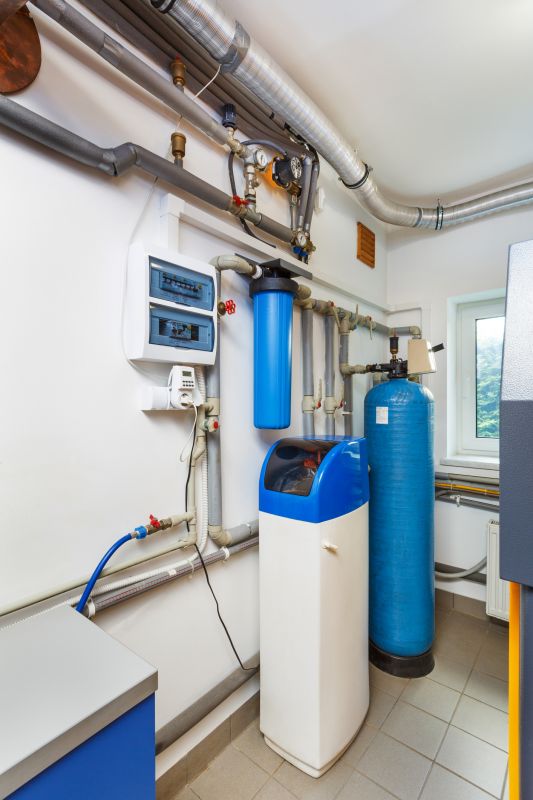
Tools used to assess water quality before scheduling treatments.
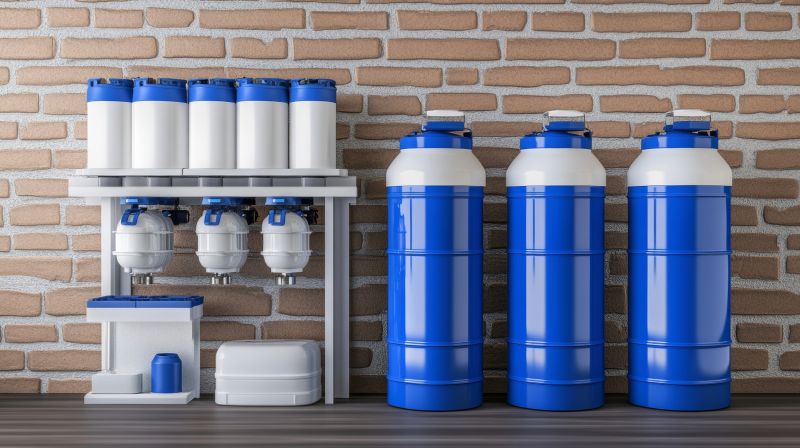
Popular materials for Water Treatments and why they hold up over time.
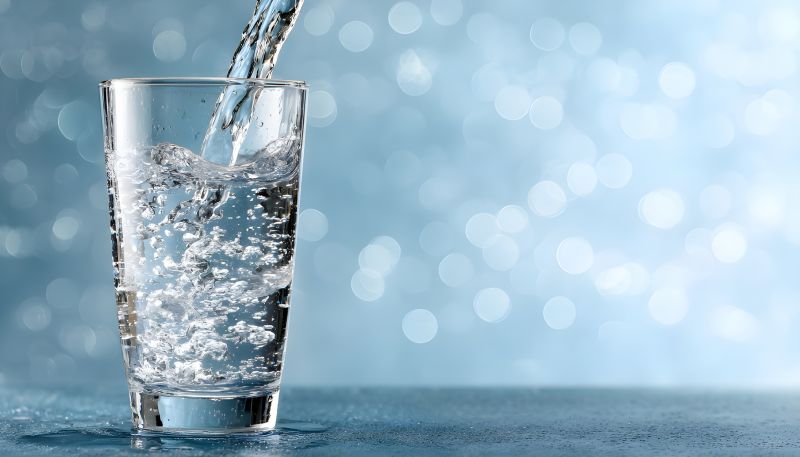
Simple add-ons that improve Water Treatments without blowing the budget.
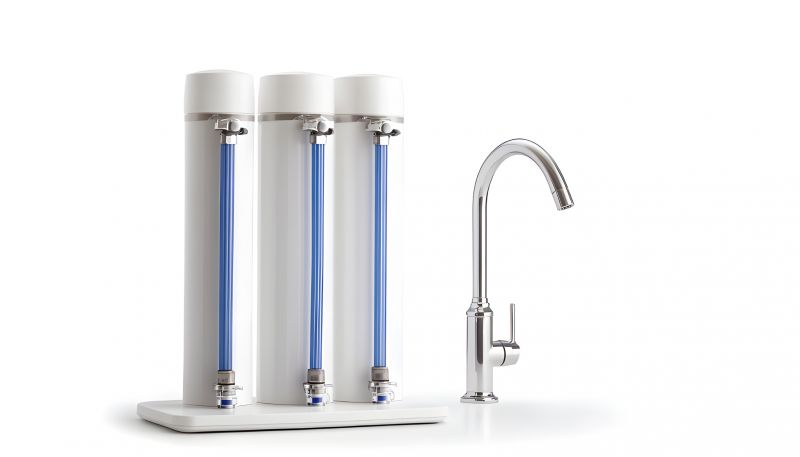
High-end options that actually feel worth it for Water Treatments.
| Best Time for Water Treatments | Key Considerations |
|---|---|
| Spring | Prepare for increased usage and address residual winter contaminants. |
| Fall | Prevent buildup before winter and seasonal changes. |
| Post-Storm | Address sediment and pollutant influx after heavy rains. |
| Pre-peak Usage | Ensure system readiness before high-demand periods. |
| Regular Schedule | Maintain water quality through consistent treatments. |
| Monitoring Results | Treat when water quality tests indicate contamination. |
Water treatments play a vital role in maintaining safe and clean water supplies across residential, commercial, and industrial settings. Effective timing enhances treatment efficiency, reduces operational costs, and ensures compliance with health standards. Understanding seasonal patterns, environmental factors, and water source conditions helps determine the ideal schedule for water treatment interventions.
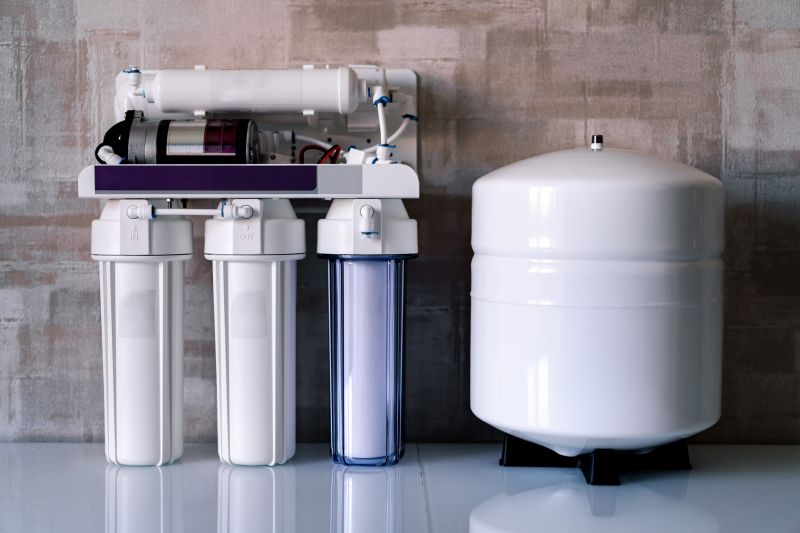
Advanced systems designed for optimal treatment timing.
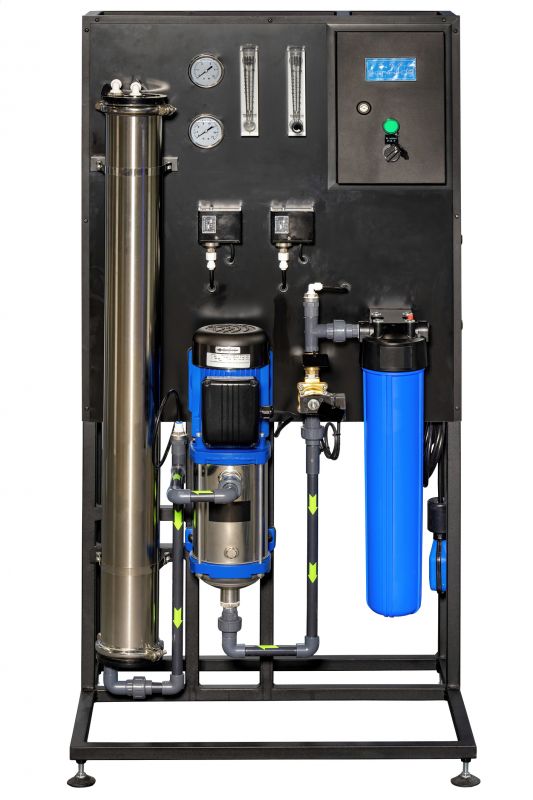
Tools used to assess water quality for scheduling treatments.
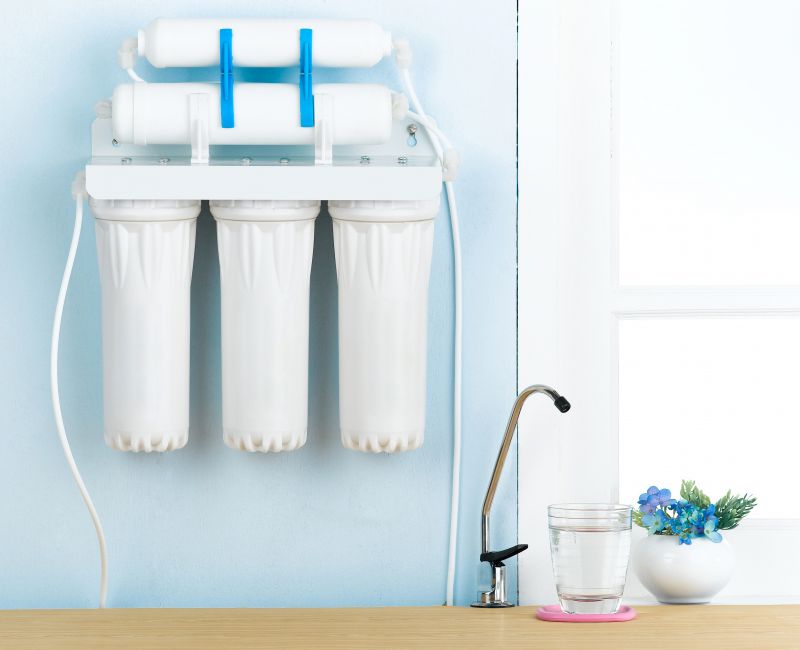
High-quality water post-treatment.
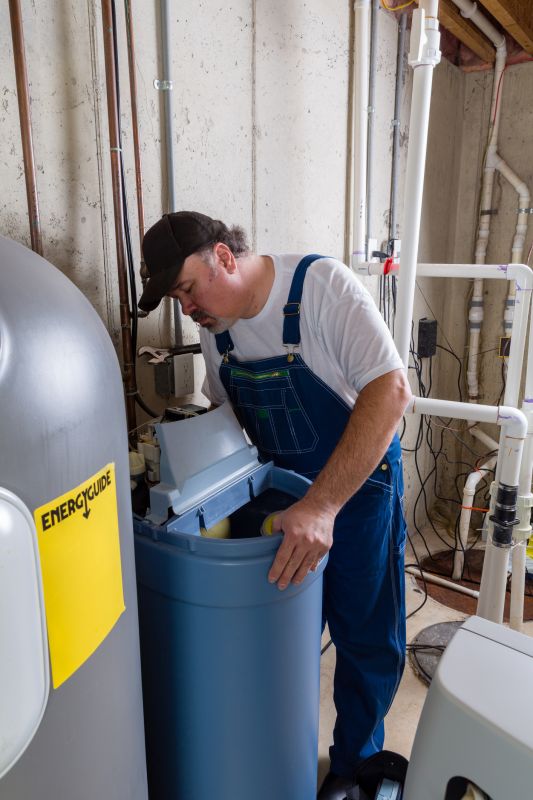
Professional performing water quality assessments.
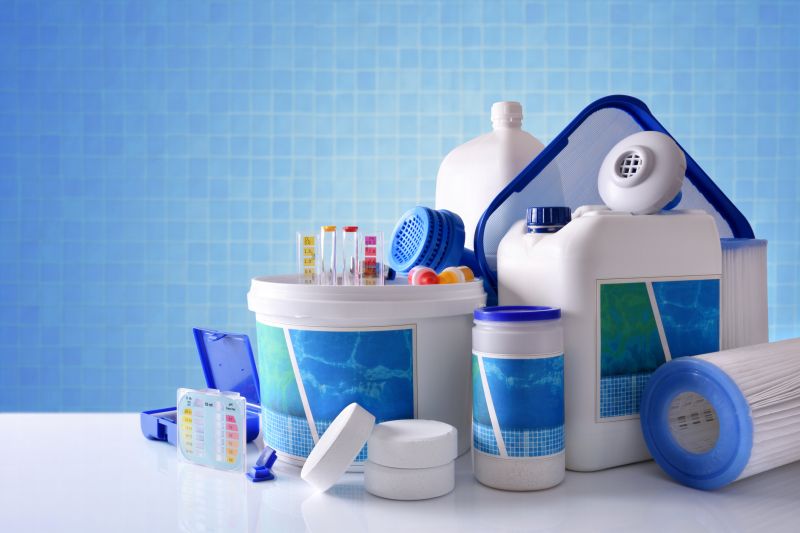
Finishes and colors that play nicely with Water Treatments.
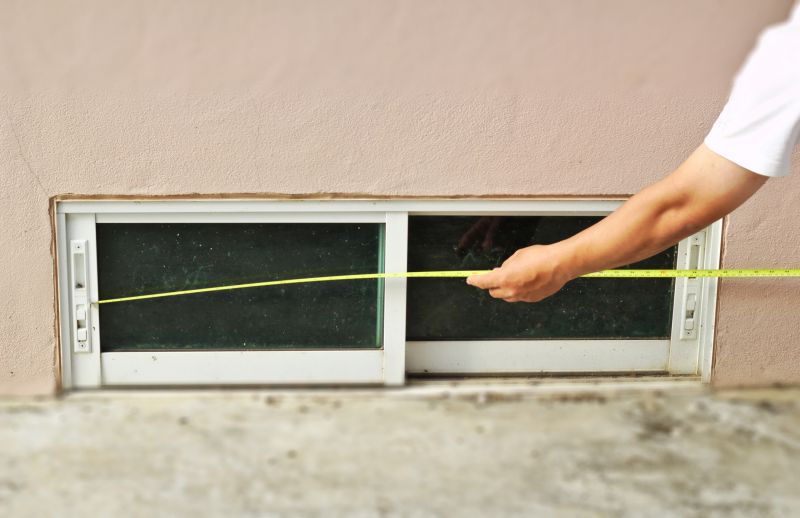
Little measurements that prevent headaches on Water Treatments day.
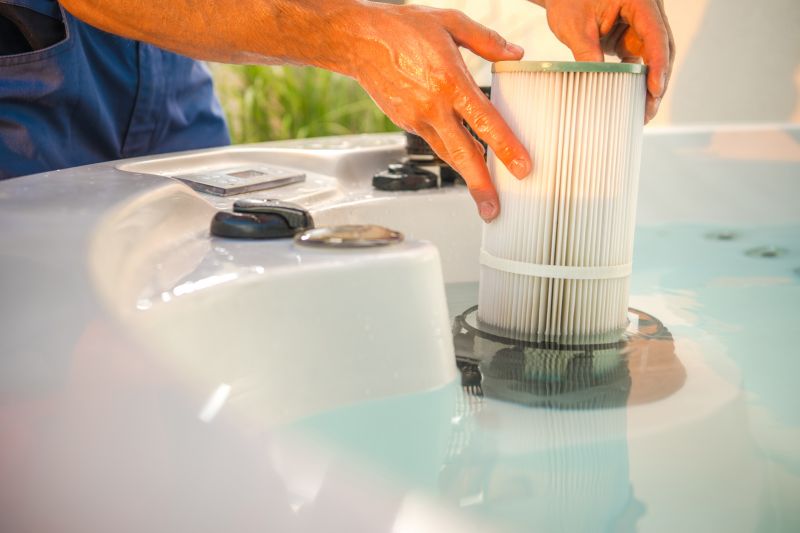
A 60-second routine that keeps Water Treatments looking new.
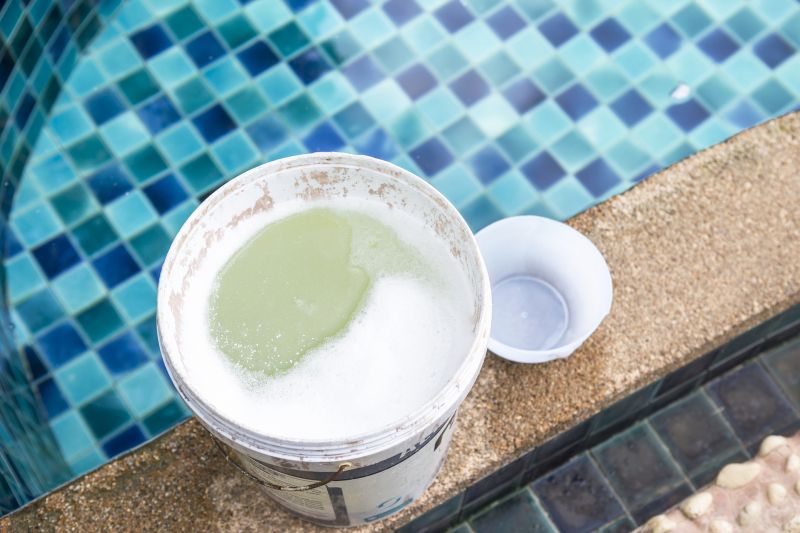
A frequent mistake in Water Treatments and how to dodge it.
Interested in scheduling water treatments for optimal results? Filling out the contact form can provide more information and help determine the best treatment schedule tailored to specific water system needs.

